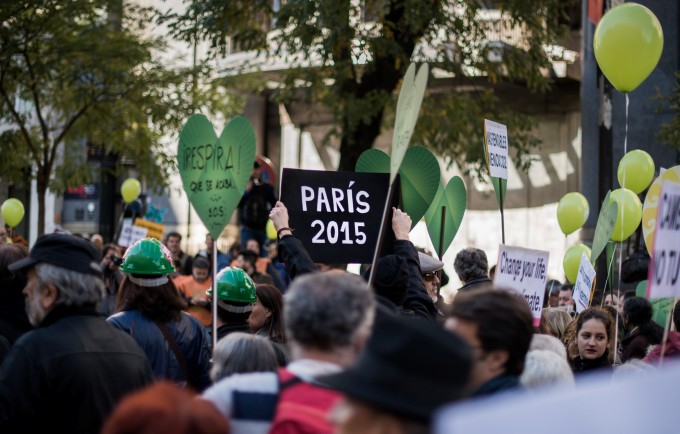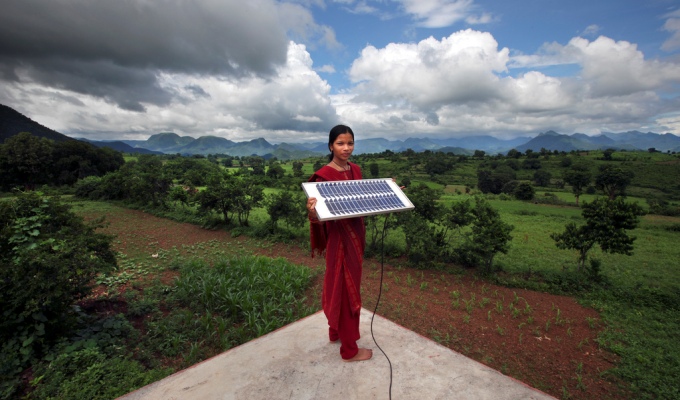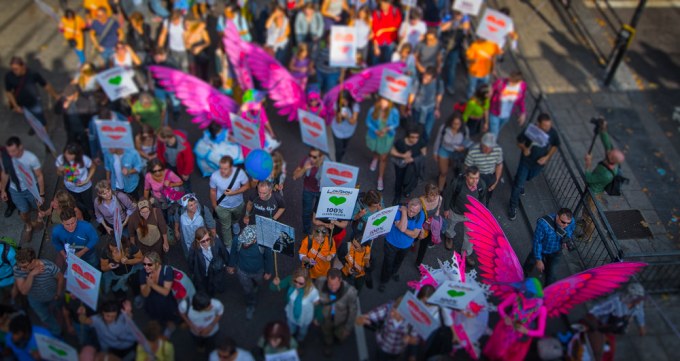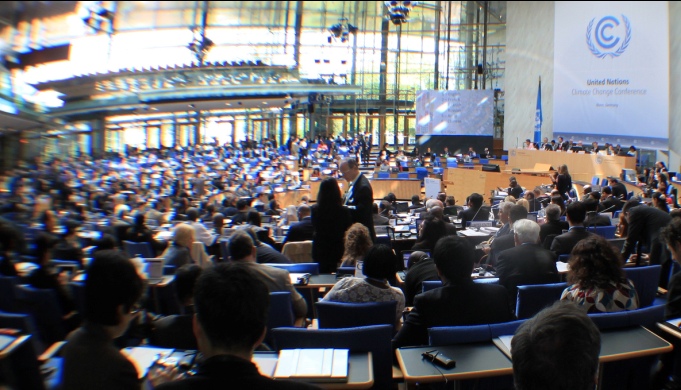World after Paris COP
The Paris agreement needs to be ratified by national parliaments, so it is scheduled to take effect only after 2020. So the post-COP world is divided into two phases – one between now and 2020, and the second after 2020. Here is a preview of challenges that lie ahead for world to combat global warming once the UN summit ends in Paris
Negotiations for the Paris climate agreement started with the host French government trying…Read more





